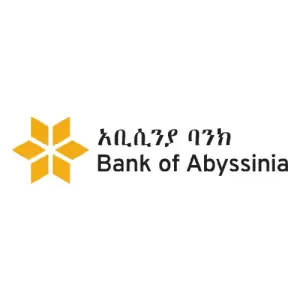The National Bank of Ethiopia (NBE) introduced the new fuel import policy and asked the private banks to play a key role in financing fuel imports. This change will significantly impact Ethiopia’s banking sector and fuel import process.
Mamo Mihretu, the governor of the NBE, has asked private banks to start issuing Letters of Credit (LCs) for fuel imports next month. These banks must now cover 50% of the annual fuel import cost, which totals 3.2 billion dollars. This means they need to secure 1.6 billion dollars for fuel imports. Previously, banks relied heavily on informal money transfer systems like Hawala for their foreign currency needs.
Recent changes in Ethiopia’s currency system have lifted previous obligations on banks concerning foreign currency management. Private banks must contribute 13-17% of their foreign currency income to support fuel imports. This shift opens new revenue opportunities but also introduces significant risks.
The new requirement places a heavy burden on private banks. They must finance a large portion of fuel imports while managing high volumes and extended payment terms, up to 360 days. The Ethiopian Petroleum Supply Company (EPSE), as the sole fuel importer, adds complexity to this situation, especially with fluctuating exchange rates.
Banker Eshetu Fantaye emphasizes the importance of government subsidies. These subsidies can help EPSE during negotiations with banks. They are crucial for protecting against market volatility and foreign exchange fluctuations that could threaten both EPSE’s and private banks’ financial stability.
The new fuel import policy by NBE marks a significant shift in how Ethiopia finances fuel imports. It offers private banks a chance to diversify their income but poses serious risks requiring careful management. Cooperation with government entities will be essential as these banks prepare for this change. This collaboration will help ensure a stable fuel supply while safeguarding the financial health of the banking sector. The coming months will be critical as the banking sector adapts to these new responsibilities and contributes to Ethiopia’s economic stability.
Other Stories










More Stories
Drivers Demand Action Amid Fuel Shortages in Ethiopia
New Fuel Price in Ethiopia
Ethiopian Airlines Opens 20,000 Job Positions Across Ethiopia